What do you think?
Rate this book


308 pages, Paperback
First published January 1, 1975


“Season of mists and mellow fruitfulness,
Close bosom-friend of the maturing sun...
Who hath not seen thee oft amid thy store?”
“Is anybody out there?
Is anybody listening?…
If it's the end of the beginning…
It's everything you wanted, it's everything you don't
It's one door swinging open and one door swinging closed
Some prayers find an answer
Some prayers never know
We're holding on and letting go”
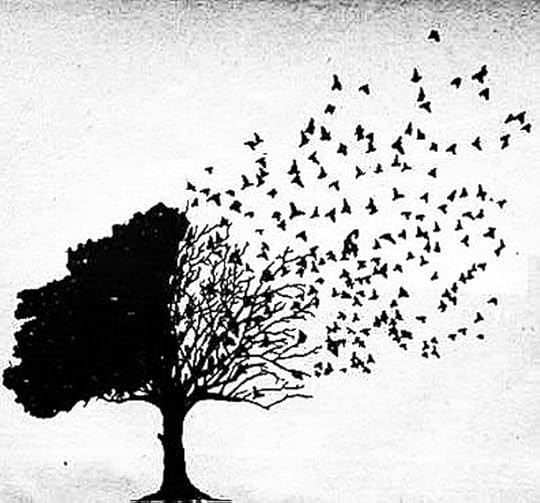



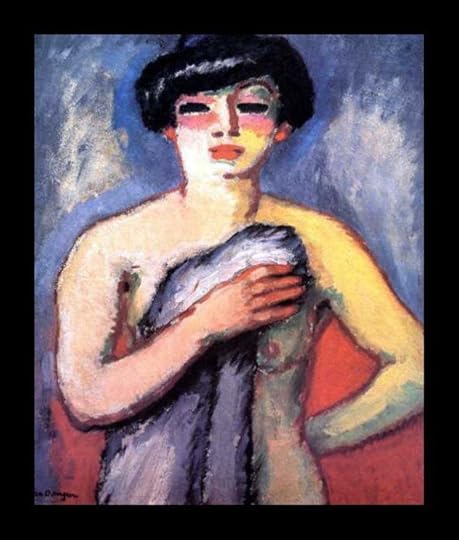
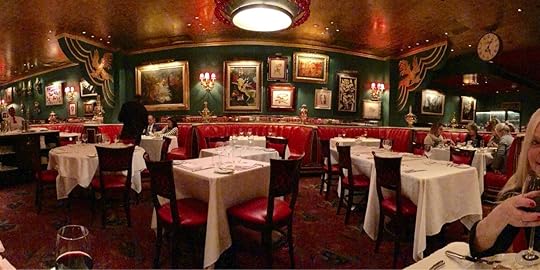

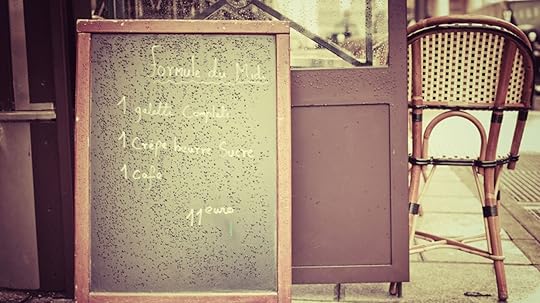
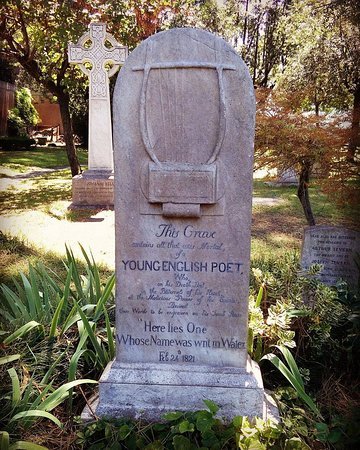


"The only thing I'm afraid of are the words 'ordinary life.'"This novel, first published in 1975, has somehow drifted onto my radar lately and I'm not sure why. I bought it on a whim and I almost never buy brand new books. I'm so glad I did. It is an incredibly thought provoking look at marriage, satisfaction with our lives as we age, etc. Although I'm not sure I will read in bed anymore. I had this on my bedside table for almost a month and almost quit reading it. It felt fragmented but I think that was just me, falling asleep too fast.
"Their life is mysterious, it is like a forest; from far off it seems a unity, it can be comprehended, described, but closer it begins to separate, to break into light and shadow, the density blinds one. Within there is no form, only prodigious detail that reaches everywhere: exotic sounds, spills of sunlight, foliage, fallen trees, small beasts that flee at the sound of a twig-snap, insects, silence, flowers.Passages like this are not frequent, in fact the novel is largely dialogue. But I appreciated these moments, reflecting on the truth underlying the scenes the characters play out with one another, not always the truth, not always what they are thinking.
And all of this, dependent, closely woven, all of it is deceiving. There are really two kinds of life. There is, as Viri says, the one people believe you are living, and there is the other. It is this other which causes the trouble, this other we long to see."
"Actually, we talk frequently about America. We even read your newspapers," he said. "I'm more or less obsessed with the idea of your country which has, after all, meant so much to the entire world. I find it very disturbing now to see what's happened. It's like the sun going out."I want to share what Viri thinks in the end, pg. 296, but feel like it would ruin the journey. Definitely a book to check out.
"You think America is dying?" Viri asked....
"A place and a history as vast as America cannot disappear, but it can become dark. And it seems to be slipping toward that. I mean, the utterly blind passions, the lack of moderation - these things are like a fever...."